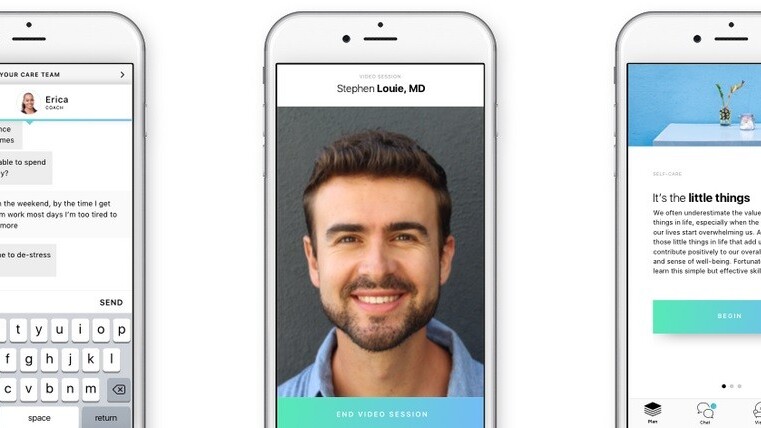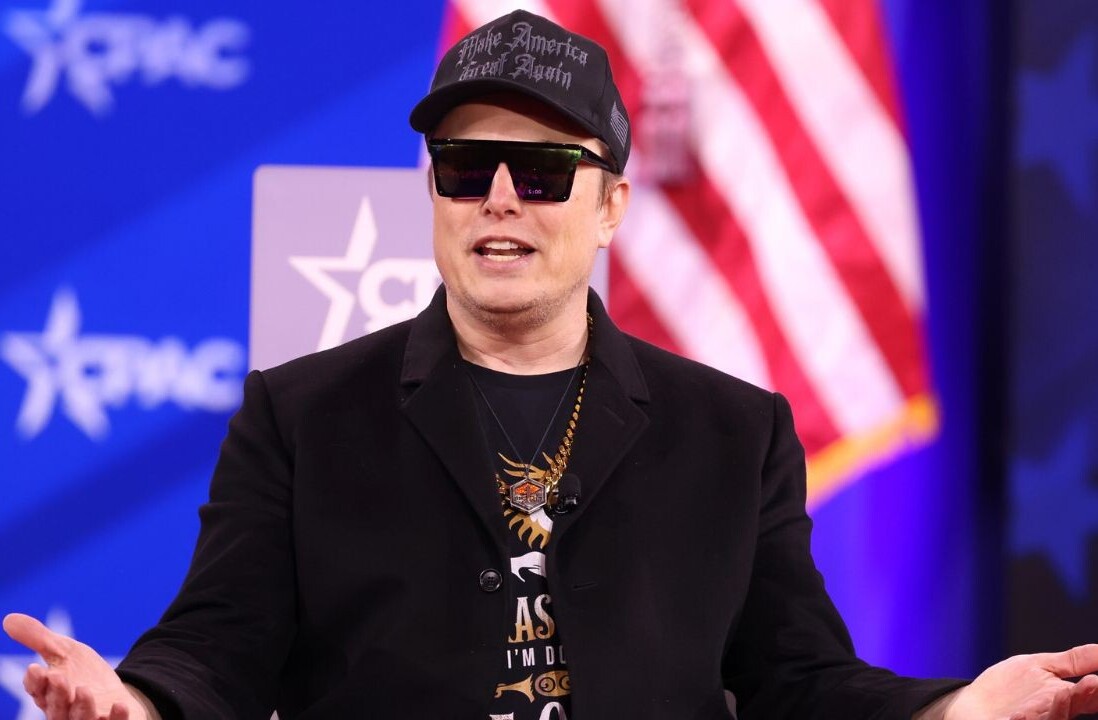
More than 40 million people in the US alone suffer from depression and anxiety. Less than 15 percent of those will receive treatment. To call this an epidemic would be an understatement. One company, Ginger.io, is hoping to make a difference through its app, which brings professional mental healthcare to anyone with a smartphone.
Ginger.io is a licensed healthcare practice with a nationwide medical practice. It’s app allows people to get immediate access to mental health professionals that range from coaches who use cognitive behavioral therapy (CBT) guidelines, to practicing doctors who can write prescriptions.
With the app, users can chat with their coaches anytime and schedule a video chat with a licensed therapist. The therapist, if they see an urgent need, can at any time escalate a patient to the care of a doctor – also through video chat.
One of the driving forces behind Ginger.io is machine learning. In a testament to the power of machines to augment human interactions, the company uses AI to “identify symptoms, direct people to the right type of care, personalize the experience, and map outcomes and progress.”
It accomplishes this through using CBT guidelines as a data set and having its own proprietary algorithms do the heavy research and recommendations – thus freeing up your coaches to focus on you. It’s a clever system that appears to truly provide access to professional mental healthcare anywhere at any time, at least in the US.
There are, however, some challenges still to overcome. Ginger.io isn’t free, which means that some of the people who could most benefit from the app – like 45 million impoverished Americans – don’t really have access.
The company has tried to mitigate this issue by working with insurers and offering employer services.
In the argument for companies to provide a system like Ginger.io as a benefit, there’s a lot of research indicating it’s cost-effective to provide mental healthcare access to employees. Just sayin’.
But perhaps largest obstacle for therapy seekers is the stigma surrounding mental healthcare. Every expert we’ve spoken to – from Woebot’s mom to the creators of Ginger.io – agree that society is suffering from a negative view towards seeking help.
With an app like Ginger.io the process becomes much simpler. You don’t have to get a referral or talk to anyone else about your mental healthcare. You don’t have to leave your home, which is huge for people who have difficulty traveling.
Users also have access to their care team no matter where they go in the US, which means you don’t have to wait until after the holidays to talk to your coach, even if you’re traveling. It also means that if you have a major life change and end up moving away you won’t have to get a new therapy team.
Ginger is important, perhaps even necessary, because everyone has mental health. I highly recommend trying it out if you’re looking for an emotional support system. The app is free to download, but you’ll have to subscribe to use it beyond the initial trial.
The subscription plans for Ginger.io cost $129, $249, and $349, depending on how much access you want to licensed therapists and psychiatrists.
If you’re seeing a bit of sticker shock (most apps on our phones have subscription fees like 20 bucks a month) that’s understandable, but consider this: most therapists in the US charge between $75 and $150 per visit. Those of us who live in rural areas or other places without immediate access to providers can add travel expenses to those costs.
There’s never a bad time to start fighting depression and anxiety (especially now that the holidays have arrived).
You can check out Ginger.io here, it’s available on both iOS and Android.
Get the TNW newsletter
Get the most important tech news in your inbox each week.




